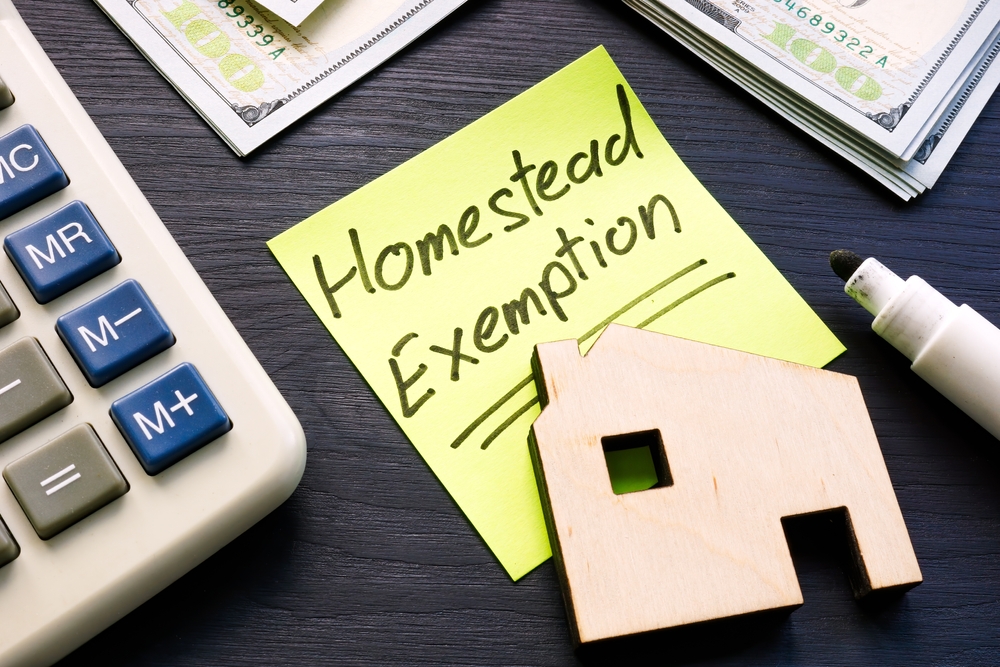When Jerry Garcia—lead guitarist, cultural icon, and the spiritual force behind the Grateful Dead—passed away…

Reconsidering Your Retirement Investments: 5 Compelling Reasons.
For a comfortable retirement, it’s crucial to reassess your financial retirement portfolio. While you might have accumulated a substantial nest egg in a 401(k) plan, withdrawing money from it comes with significant tax planning considerations. In the early stages of a 401(k), employers match your contribution to the plan. Contributions come out of your paycheck before calculating taxes and compound every year. When you retire, however, the tax impact of a 401(k), 403(b), or traditional IRA can become significant.
Retiring at a Higher Tax Bracket
You have probably been told you’ll be in a lower tax bracket at retirement. However, many people experience the opposite. Your tax rate is expected to increase if you maintain the same standard of living, requiring the same amount of income and tax rate. With your children grown and the house paid off, substantial tax deductions are gone, which may push you into a higher tax bracket. You will pay taxes on withdrawals from your contribution plan(s) annually, whether the money comes from dividends, capital gains, or your contributions. That money will be taxed at your income tax rate at the time of withdrawal. Currently, the top marginal income tax rate is 37 percent, and considering the US deficit, that tax rate could increase in time.
Double Taxation
Unless you have a Roth IRA, distributions from your retirement plans count against you when calculating what percentage of your Social Security is subject to tax. The result is paying more taxes on your retirement plan distributions and Social Security income. You also pay more taxes from capital gains, dividends, and interest from your investments.
Required Minimum Distributions (RMDs)
It can be frustrating and expensive if you neglect to make your minimum required distributions. You must withdraw funds from your retirement fund accounts when the IRS deems it necessary. Even if you want to leave the money in the account, as of 2023, the IRS will schedule your withdrawals when you reach age 73. There are stiff penalties for not taking out the required minimum distribution. You may pay an additional 25 percent tax. If you correct the shortfall during a two-year window, it could reduce to 10 percent.
Leaving a 401(k) or IRA to a Spouse
If you’re married, a 401(k) or IRA is the worst account to leave to your surviving spouse. No one wants to die without leaving their spouse financially secure, but these two financial vehicles are fully taxable accounts. Upon your passing, your spouse changes their tax filing status from married filing jointly to single. That takes their tax obligation from the lowest to the highest bracket — probably not exactly what you had in mind.
Both your 401(k) and IRA plans are subject to tax law changes. Every time Congress convenes a session, there is the possibility that increases in taxes on your retirement plans can occur. It’s highly unlikely that your taxes won’t increase. The US debt continues to grow at an alarming rate, and tax increases are used to gain some level of financial control.
Get together with a tax planner to identify ways to move your retirement funds into better financial retirement vehicles. Sometimes conversion can cost a bit of money upfront, but in the long run, you’ll be far better off with regard to your retirement tax obligations.
Contact an Estate Planning or Elder Law Attorney
Connect your tax planner with your estate planning attorney. Retirement and tax planning are heavily tied to money and property being managed, preserved, and eventually distributed to your heirs. Our estate planning and elder law attorneys look at changing tax laws and retirement goals to maximize your family legacy. We also discuss preparing for potential long-term care expenses and how they could affect your retirement income. Costs for health care services continue to rise, and you don’t want to lose significant income to medical emergencies.
If you have questions or would like to discuss your personal legal matters, with a Florida Elder Law Attorney please don’t hesitate to contact us at (321) 729-0087.



